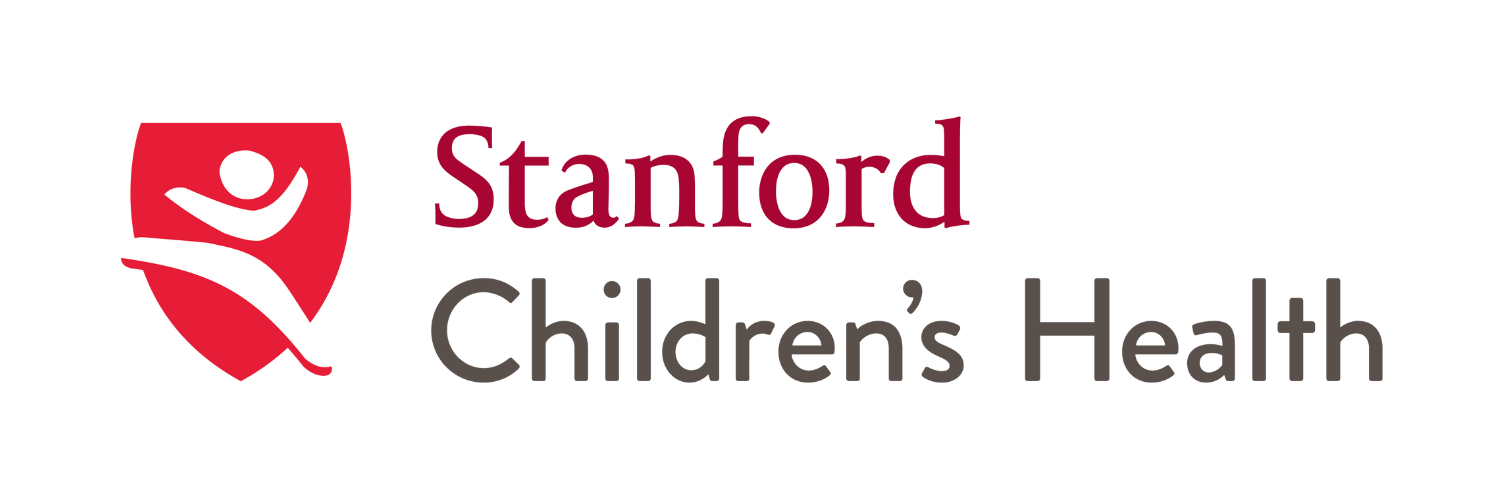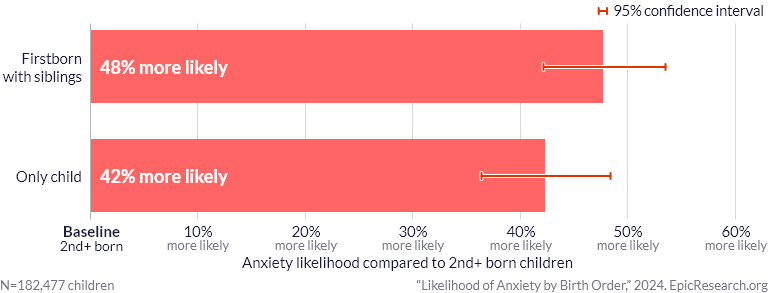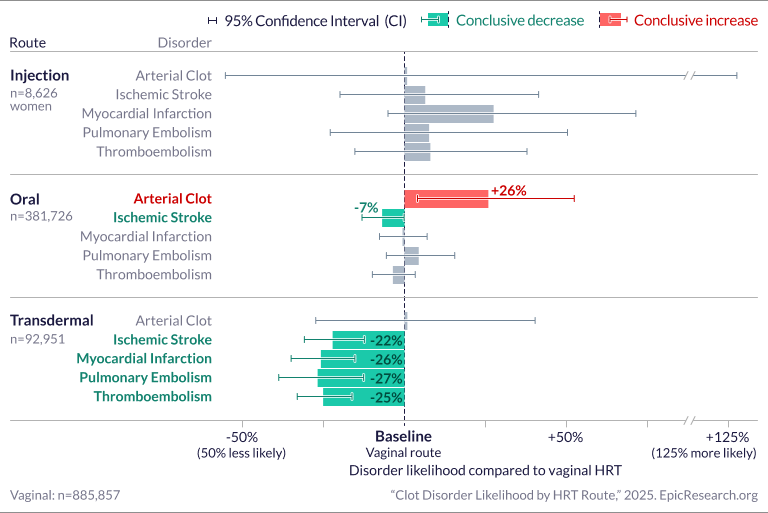Cosmos is a dataset created in collaboration with a community of health systems using Epic and is designed to improve patient care. By combining their data, participating organizations and Epic can make new discoveries and advance medicine. Cosmos also powers tools at the point of care, providing insights to clinicians that are tailored to the patient in front of them.
More about Cosmos →Cosmos Community

1,715
Hospitals

299 Million
Patients

40.1K
Clinics
Meet a few of our Cosmos community members:








Cosmos in Action
Cosmos at the Point of Care
The vision for Cosmos has always included empowering providers with data to improve care for their patients. With our recently released and ongoing development of Cosmos-enabled features, providers can use attributes from the patient in front of them to review personalized insights they can use alongside their own expertise and experience to partner with their patient on shared decision-making. Some examples include:

Best Care Choices
To further evidence-based care, Best Care Choices for My Patient shows providers insights into how similar patients responded to the treatments they are considering, right at the point of care. Physicians will be able to explore the collective knowledge from millions of clinical decisions to see treatments and resulting outcomes for patients like the one in front of them.

Look-Alikes
Very rare conditions and medical mysteries often result in limited evidence for a physician to draw from when determining a course of action or treatment for their patient. Look-Alikes enables providers to connect with other providers across the Cosmos community who might have experience with patients with a similar constellation of symptoms or condition so they can collaborate on care.

Condition-Specific Growth Charts
Standard growth charts often don't account for disease-specific nuances that can influence a child's development. When a chronic condition affects a child’s growth, Cosmos enables growth charts that show clinicians and family members how the child is progressing relative to others with the same disease.
Publications Using Cosmos
Researchers in the Cosmos community have published dozens of papers using Cosmos data. Below are several examples of publications that used Cosmos data as part of their analysis.
New England Journal of Medicine
Pediatrics
American Academy of Pediatrics
Journal of the American Medical Association
Journal of General Internal Medicine
Diabetes
American Diabetes Association
Epic Research
While traditional research continues to serve as a primary source of information to inform clinical practice, we identified a need for a new kind of analysis focused on getting good data out quickly to clinicians and decision-makers where it can make a difference. To address this need, we launched Epic Research. Using our dual-team process, Epic Research teams evaluate timely, topical, and relevant questions and make findings available to the public at no-cost at EpicResearch.org.

Firstborn Children and Only Children More Likely to Have Anxiety and Depression Than Later-Born Children
Firstborn children who have siblings are 48% more likely to have anxiety and 35% more likely to have depression compared to children who are born second or later.

Uninsured Emergency Visits on the Rise Since the End of Medicaid Continuous Enrollment
Self-pay emergency visits are on the rise in all age groups since the end of Medicaid continuous enrollment.

Many Patients Maintain Weight Loss a Year After Stopping Semaglutide and Liraglutide
More than half of patients are able to maintain weight loss achieved while on semaglutide or liraglutide even a year after discontinuing the medication.

Blood Clot Risk Influenced by Hormone Therapy Administration Route in Women 50 and Older
Women aged 50 and older on hormone replacement therapy (HRT) administered on the skin are 22-27% less likely to experience various clotting disorders, such as stroke and embolism, compared to those treated with HRT administered vaginally.
Explore more studies and data insights from Cosmos
on  →
→Copyright © Epic Systems Corporation 2025.
This page is not viewable using Internet Explorer. Please try accessing it with an alternate browser.








